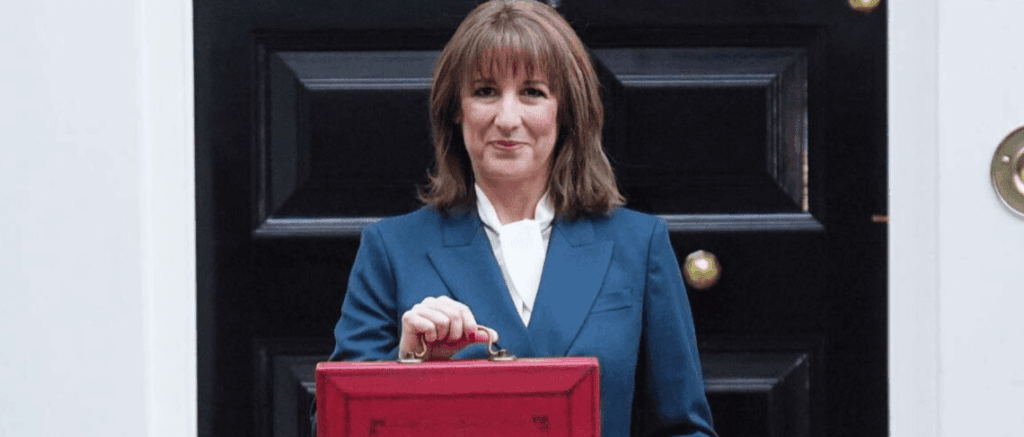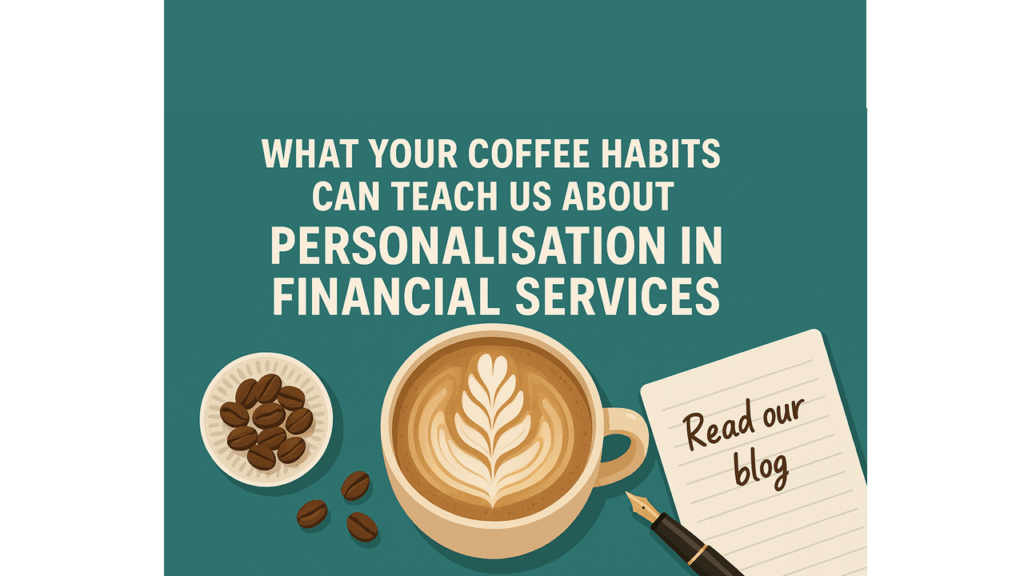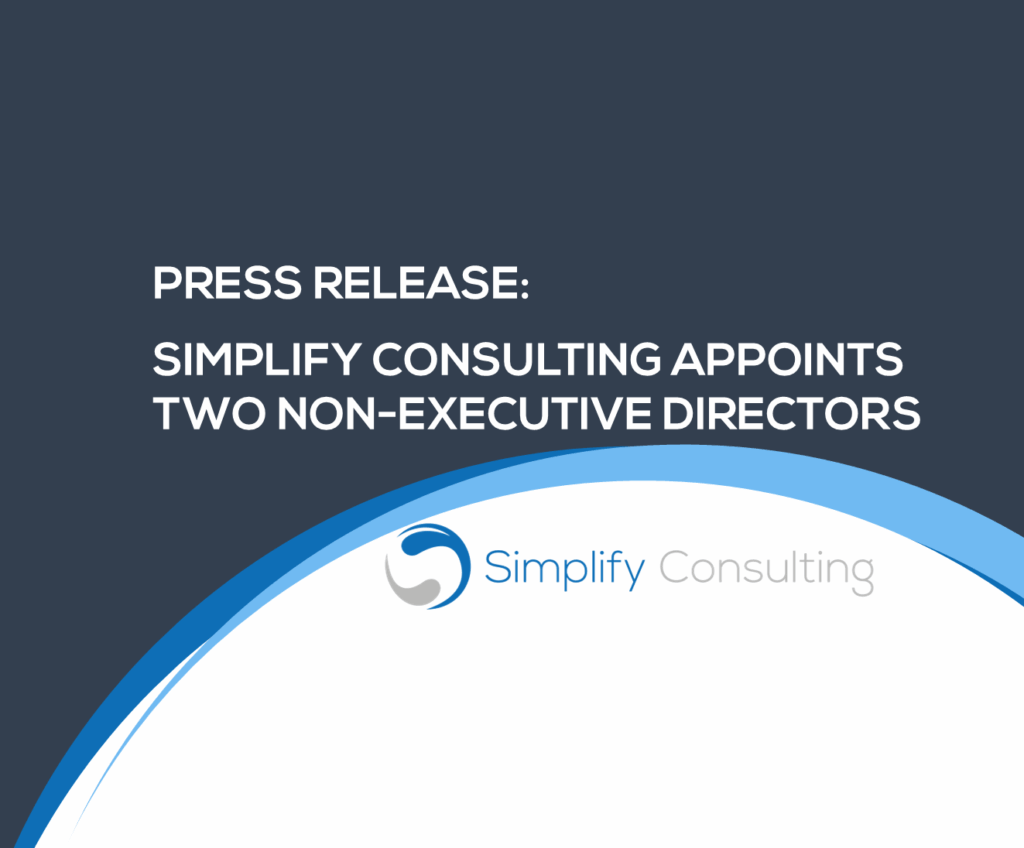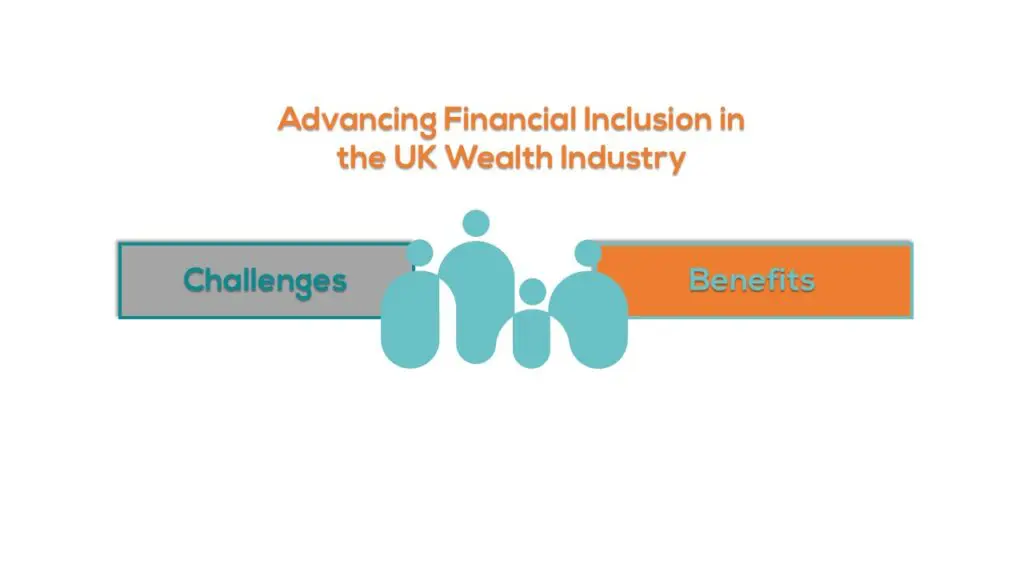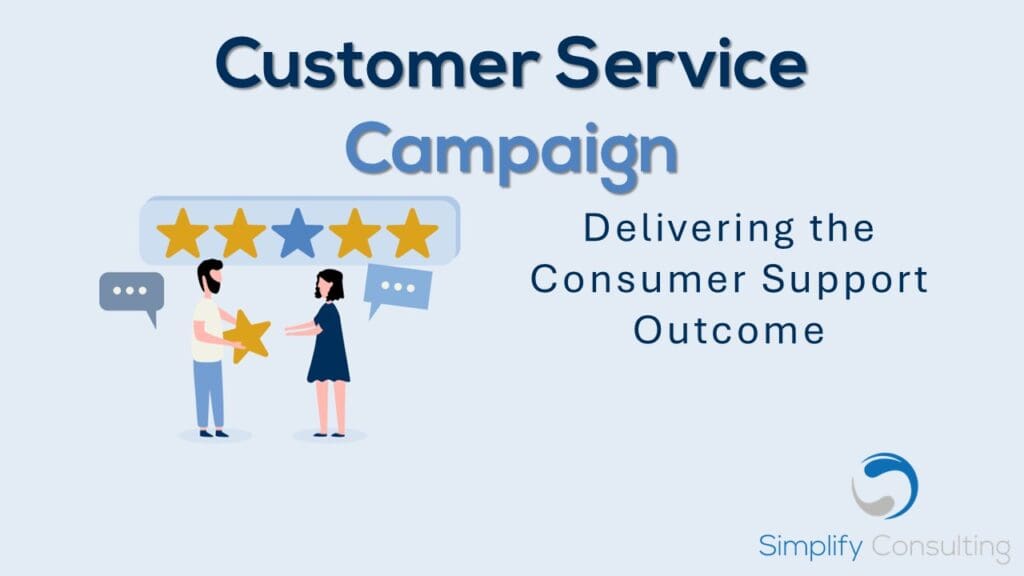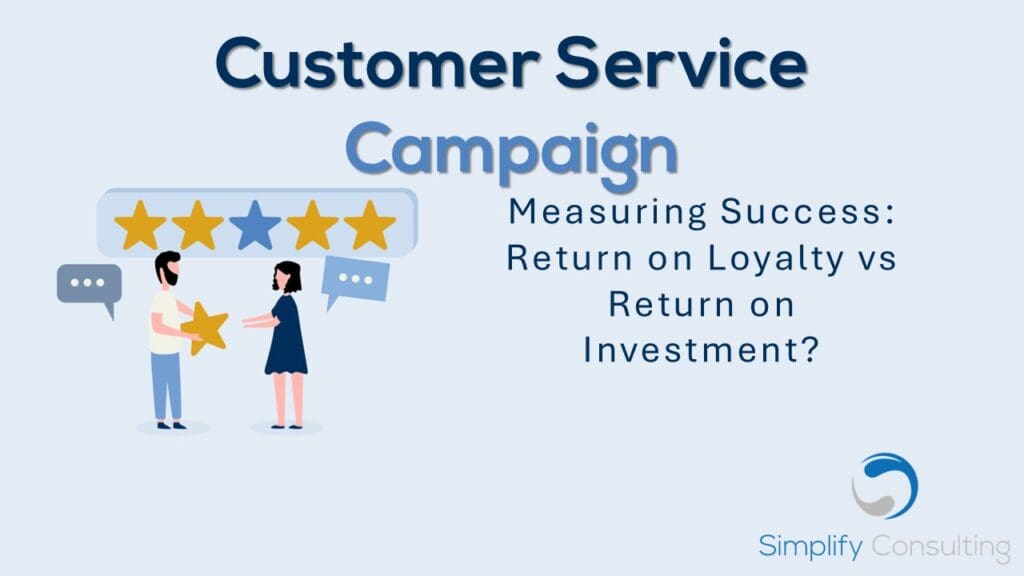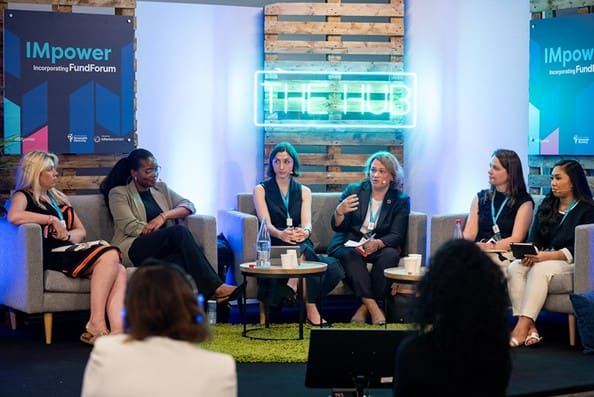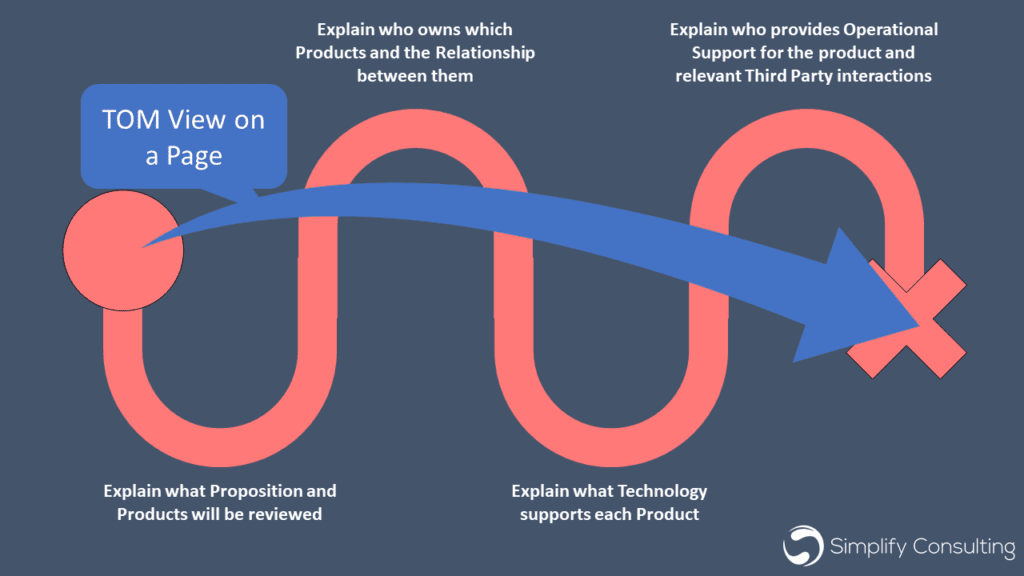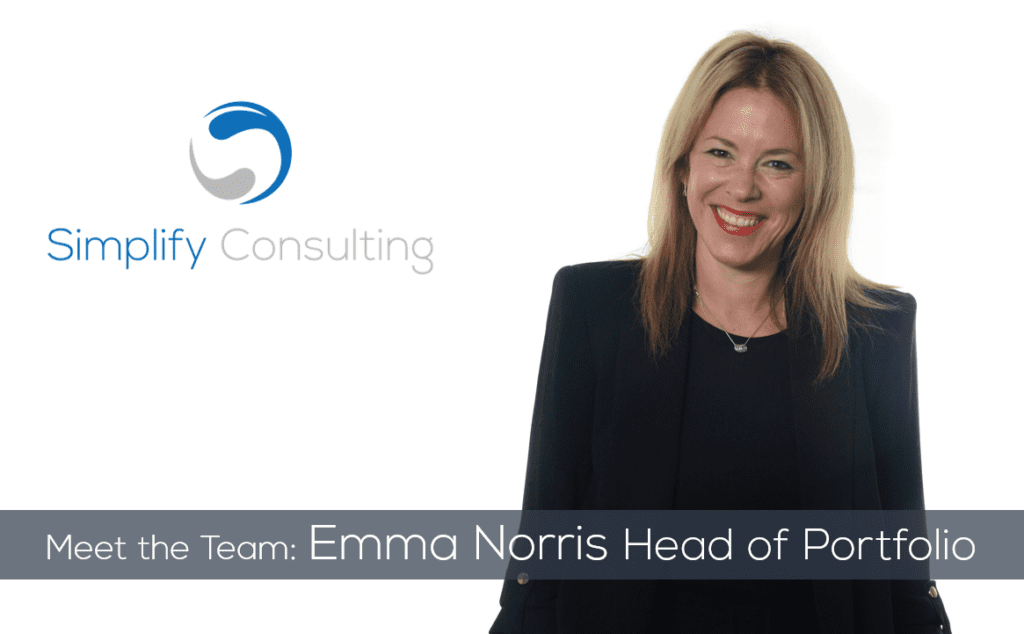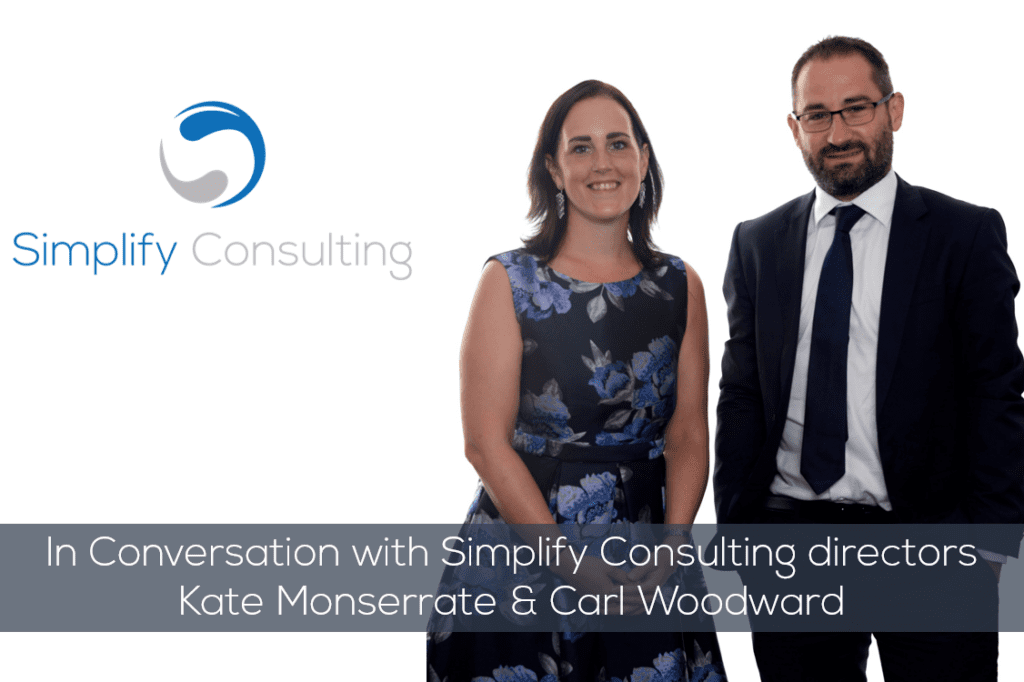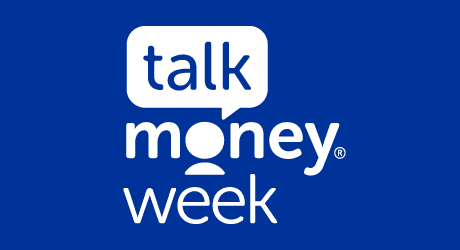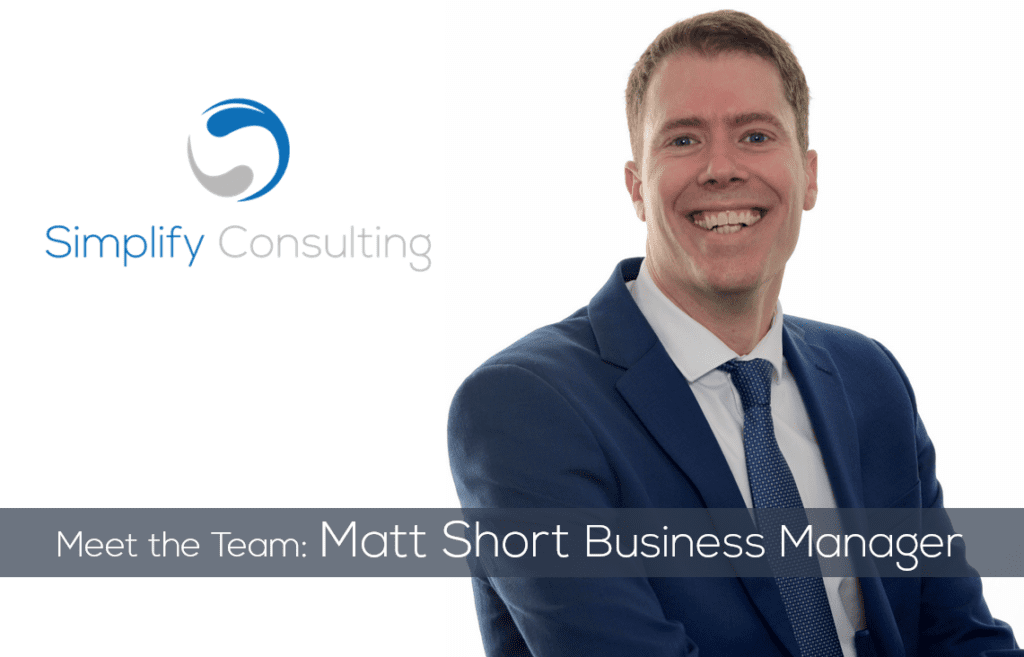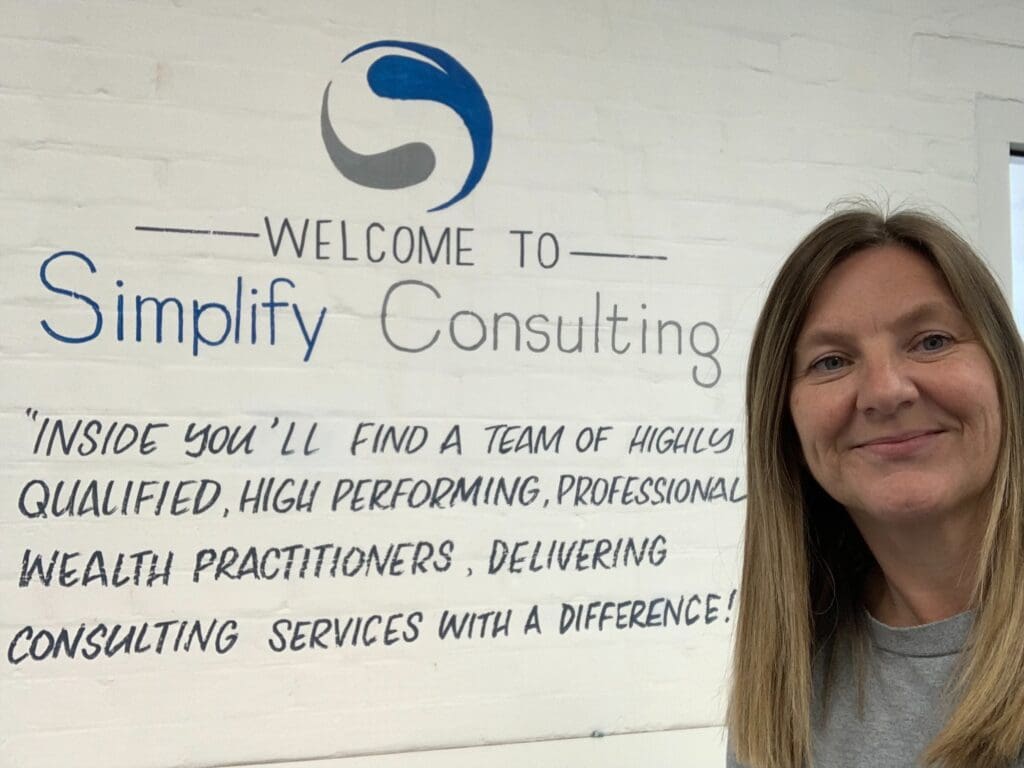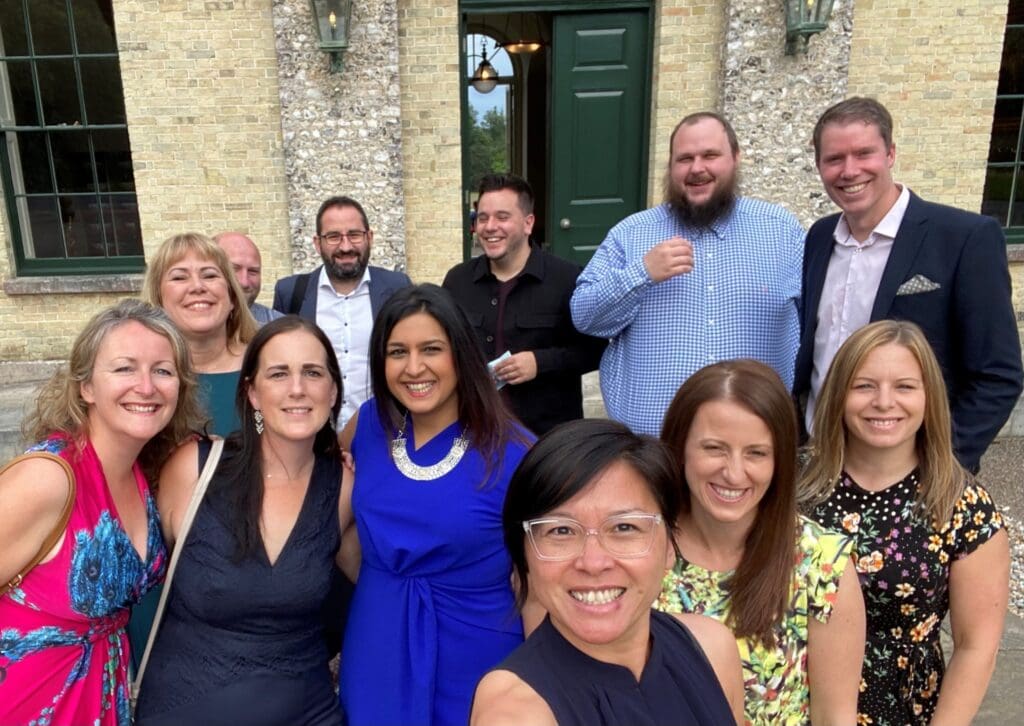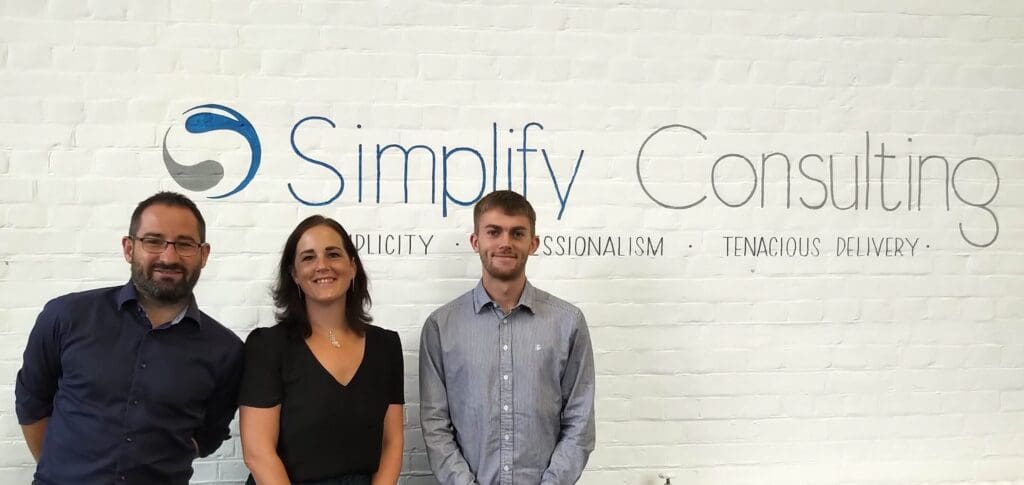Women and Wealth: Empowering women to manage their wealth with confidence
Have you ever heard someone say, “Just give me a minute, I need to call the boss to check”? It’s usually said with a smile, but it reflects something real. In many households, women are the ones making the decisions. They manage the family calendar, sort out the bills, plan holidays, and oversee everything from school runs to home renovations. They are already running the show.
Why does managing wealth still feel unfamiliar territory for so many women?
Our Gender Gap, Change Starts With Bravery White Paper revealed that 50% of women said life events, like caregiving, illness, or menopause, had limited their career progression, directly affecting their financial confidence and long-term planning[1]. These barriers are not just personal; they are systemic, shaping how women engage with wealth.
A shift in wealth, but not in confidence
We are entering a period of considerable change. In the UK, women are expected to inherit a growing share of wealth. However, many women do not feel prepared to take control of it. This isn’t about ability, as women already manage complex, high-pressure situations every day. They lead teams, run households, and make decisions that impact those around them. The skills are there. What is often lacking is confidence, time, and advice that feels relevant. In fact, only 33% of women in the UK say they feel confident making investment decisions, compared to 54% of men [2]. As Natasha O’Neill, Financial Adviser at Strategic Solution, explains:
“This challenge isn’t rooted in lack of interest or ability, but often in the absence of tailored financial education and confidence and issues shaped by generations of exclusion from financial conversations”.
Natasha emphasises that the gap is not due to a lack of capability, but rather how the financial industry has traditionally communicated and who it has targeted.
Advice that works for real life
Most women do not want to feel as though they are being sold to, they desire to be truly understood. As Gillian Hepburn, Head of Adviser Solutions at Vanguard, aptly puts it:
“It is not about just hiring more female advisors; most women just want someone who comprehends their experiences and refrains from stereotyping.”
This perspective is reinforced by research published by Schroders, which shows that 76% of women are not concerned about the gender of their advisor when considering their finances [3]. Financial advice should feel personal and tailored to reflect the realities of women’s lives, whether that involves starting a family, purchasing a first home, taking a career break, supporting relatives or planning for retirement.
Throughout these various life stages, a common challenge emerges: the lack of financial education. This challenge is twofold. On one side, the financial industry has not always made advice accessible or relevant to women. On the other, many women, especially millennials who have lived through a lifetime of economic instability, are at points in their lives where finances are constrained. Accessing the property ladder, managing high mortgage payments, covering childcare costs and dealing with the rising cost of living. As such, Investing or retirement planning may often seem like niceties rather than priorities. It is not that women lack interest, instead, many are simply trying to make it through the year, and financial advice can sometimes feel disconnected from their current reality.
As the transfer of wealth among women continues, there exists both an opportunity and a responsibility for the financial industry to reevaluate its approach to engaging with women. Financial advice should be relevant, attainable and genuinely useful. As Financial Advisor Natasha O’Neill reiterates, it should be presented in a practical manner communicated clearly instead of being cluttered with jargon. Most importantly, made accessible in ways that fit into already busy schedules. Also, recent research from TISA highlights the positive influence that improved communication can have, especially on women. They found that risk warnings became more effective through clearer explanations, and graphics increased women’s investing by 21% compared to 7% for men[4] .
Utilising digital tools, short-form content and flexible engagement methods can create a significant impact. Beginning with topics that feel immediately useful, such as strategies for freeing up cash, understanding how to manage childcare costs, identifying scams, navigating gifting rules, or accessing financial support, is often far more effective than diving straight into investment theory. It is essential to meet women where they are, similar to online forums like Mumsnet, which address parenting. Financial advice can adopt the same approach, it simply needs to start with what matters most to women at this moment.
Reframing the narrative
Today, many women already handle money on a daily basis. For older generations, however, they have not always been shown how these everyday skills connect to long-term financial planning. As Laura Barnes, Director of Business Development at Nucleus, reflects on this disconnect, saying:
“Many women already manage complex financial responsibilities at home and work, yet don’t always see those skills as transferable to investing”.
For some women, early experiences shaped by silence around money have left a lasting impact, but that can change.
It’s important to raise that when women do invest, they often do so effectively. Research shows that women tend to take a long-term view, avoid unnecessary risks, and in some cases, even outperform men. The potential is clearly there, it simply needs the right environment to flourish.
The landscape is shifting. Women now hold 43% of board positions across Financial Times Stock Exchange All-Share companies[5] . Despite this progress, there is a £678 billion investment gap between men and women in the UK[6].
Taking financial ownership
This is not about turning every woman into a financial expert, it is about making sure women feel confident, informed, and supported. Whether it is a young woman building her career, someone navigating a divorce, or a widow taking on new responsibilities, financial control and independence should be a primary goal. This should be fuelled by the same driving force as career ambitions, health goals, and personal plans. Importantly, financial control shouldn’t arrive only when life forces your hand. Too often, financial advice is something women seek at moments of crisis. Instead, advice should be something you choose, not something you are cornered into. Conversely, you don’t need to wait until you have “enough” to justify it, you don’t need to wait at all.
To summarise, financial independence isn’t a milestone reserved for later, it’s a mindset worth nurturing now. Even small steps taken early can build the confidence and clarity to make bigger decisions later. With the right tools, advice, and encouragement, starting as early as possible through school initiatives like those led by TISA’s Financial Education Council, they can begin the journey towards confident, informed financial decision-making.
Continuing the conversation
At Simplify Consulting, we are passionate about supporting women, helping them thrive, feel confident, and be brave in the face of change. That belief shaped our Gender Gap White Paper, which explores how change starts with bravery. Based on conversations with 100 women in 2022, the paper highlights how life events like caregiving, starting a family, and menopause create barriers in the workplace and impact financial confidence, pension outcomes, and long-term decision-making[7].
We will be continuing this conversation over the coming months, so keep an eye out for more content on this topic. If it resonates with you, we welcome your thoughts, whether you comment, ask a question, or share an experience.
Your voice is important. Join in and help shape what comes next.
[1] Simplify Consulting, The Gender Gap: Change Starts With Bravery White Paper (2022). Survey of over 100 female wealth professionals and interviews with 11 C-suite women. Available here
[2] Handelsbanken Wealth & Asset Management, Wealth Survey 2025: Building your financial future: Are you in control? (Opinium survey of 4,000 UK adults, Jan 2025). Read summary
[3] Schroders, Majority of women are not influenced by gender when selecting a financial adviser (2023). Survey of 200 UK women. Read press release
[4] The Investing and Saving Alliance (TISA) & University of Nottingham, Risk Warnings Summary Report (2024). Large-scale randomised control trial. Read summary
[5] UK Government, FTSE Women Leaders Review 2025. Women hold 43% of FTSE 350 board positions. Read report
[6] Boring Money, “The Gender Investment Gap increases for second year in a row” (2025). Read article
[7] Simplify Consulting, Gender Gap: Change Starts With Bravery White Paper (2022). Based on a sample of 100 women. Available here

Antonietta Price
Junior Consultant






